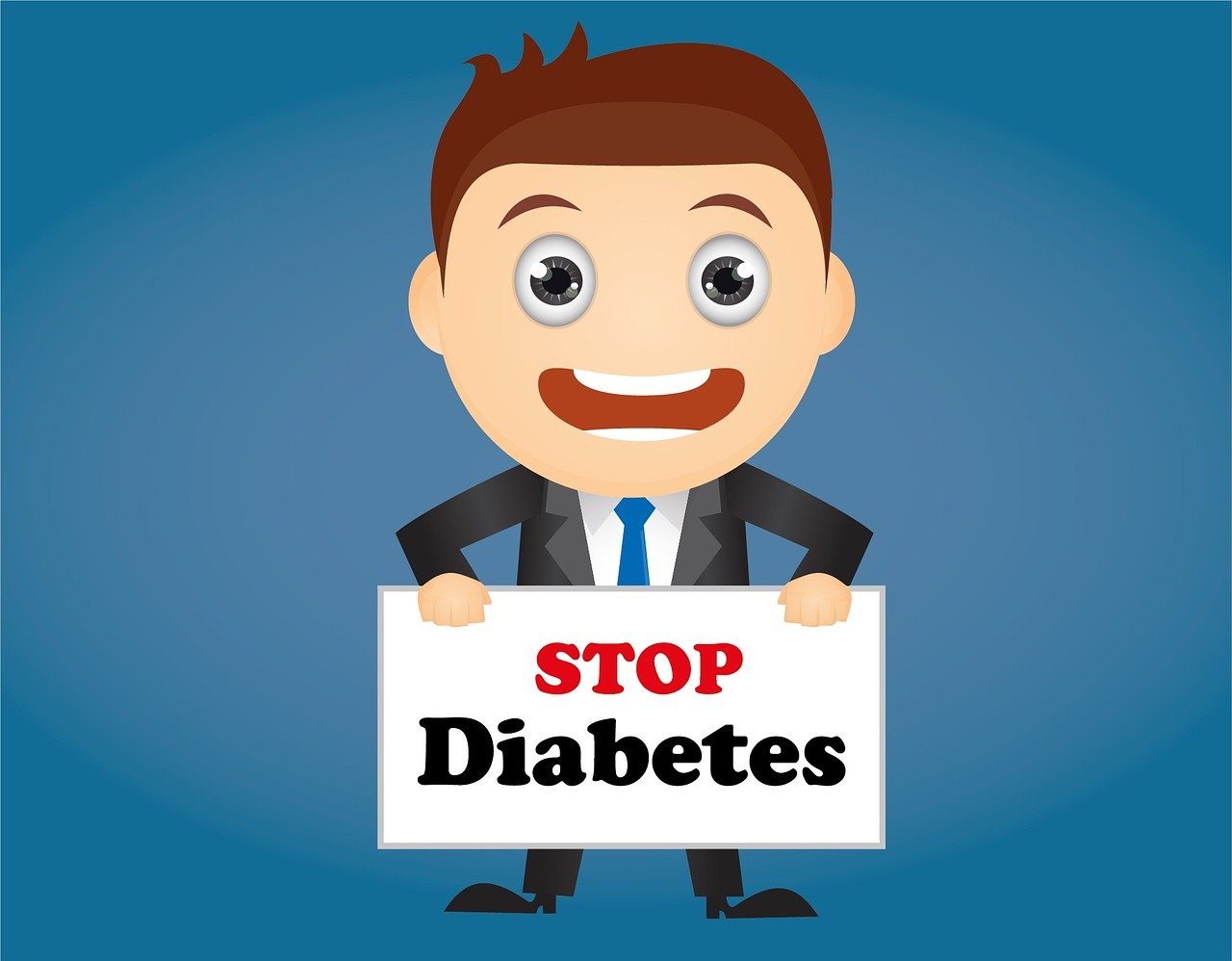An eating disorder is a type of physical and mental illness which affects the way and the amount that someone eats. Obsessive thoughts and behaviour often accompany this, leading to unhealthy habits and extreme weight loss.
There are different types of eating disorders, but all should be treated seriously and sensitively. The following is a list of characteristics that most people with an eating disorder share. If you know anyone who may be exhibiting these symptoms, then referring them to a well-known organisation like Newbridge Health can be a first step in helping them to recover.
Change in eating habits
Someone who is struggling with an eating disorder will have very different eating habits from the average, healthy person. This could be not eating three meals a day, binge eating, restricting themselves from certain types of food, or refraining from eating altogether.
Change in physical appearance
A change in eating habits is often accompanied by a weight change. Usually this change comes in the form of dramatic weight loss, but sometimes the change can be more gradual, and could even be a fluctuation between weight loss and weight gain.
Alongside a change in body weight is a change in someone’s features. Hair and nails can become more brittle, the skin can become very dry and lose its colour, dental issues can arise – the list goes on.
Obsessive exercising
Eating disorders often centre around an unhealthy desire to lose weight. As well as restrictive eating habits, many who suffer will put themselves through a harmful amount of exercise. It is important to note that this obsessive exercise will not just consist of taking more trips to the gym. Things to look out for include choosing to stand for a long period of time instead of sit down, taking unnecessary trips up and down stairs, or jogging on the spot.
This is not to say that anyone who does this has an eating disorder. However, if this is noticed alongside other warning signs then it may be a cause of concern.
Lying or evading the truth
Because of the changes in lifestyle that accompany an eating disorder, lying or evading the truth often occurs. There is no “one size fits all” for what this could look like, but it is common amongst sufferers to lie about what or how much they have eaten, how much exercise they have done, or how much they weigh.
Personality changes
Again, there is no generalisation that can be made about every person who struggles with an eating disorder. However, many who do will come across differently by the people around them to how they used to act.
They may seem withdrawn, less sociable, more irritable, and go through a lot of mood swings. Again, this is not necessarily a sign of an eating disorder on its own. But, if accompanied by weight change and unhealthy habits then it may be a good idea to reach out to the person who seems to be suffering or refer them to an establishment that can help.

